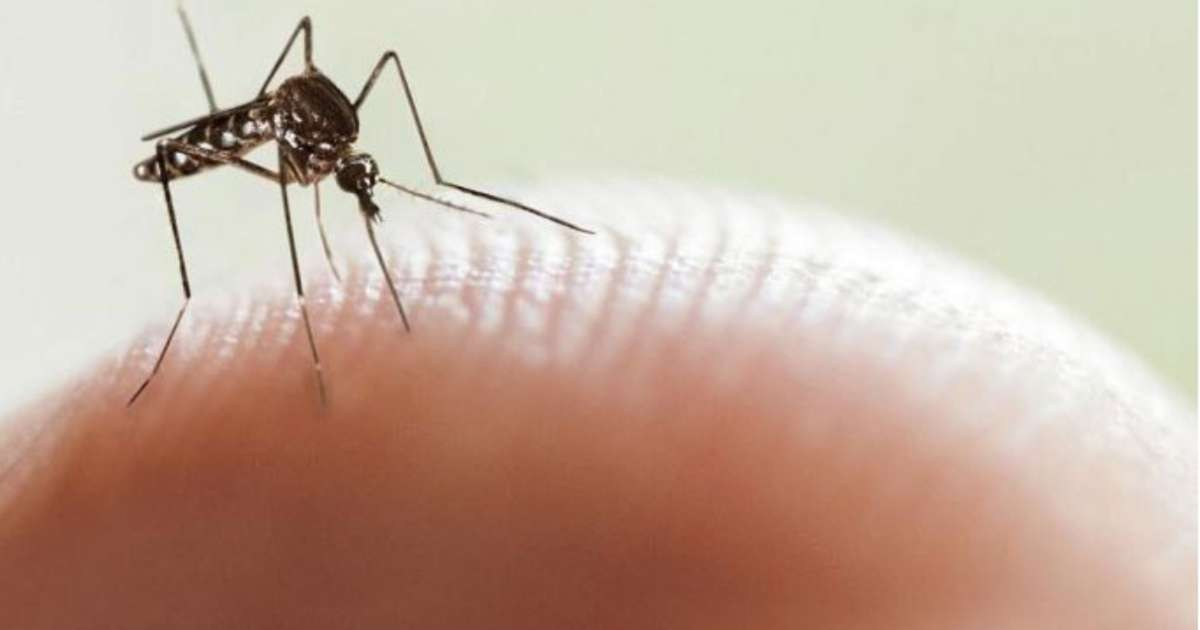The rapid spread of the Oropouche virus in the municipality of Pedro Betancourt, located in Matanzas, highlights significant shortcomings in the healthcare and environmental management by Cuban authorities. Despite recent efforts announced by the Matanzas General Health Directorate, the surge in "Oropouche Fever" cases reveals that preventive measures in the area are largely inadequate.
Yenisleidys González Prendes, the top health official in Pedro Betancourt, stated that a comprehensive strategy has been put in place to reduce the number of existing cases. The initial cases were reported on the outskirts of the municipality, but the virus has now spread throughout the entire region. "We have been working on self-focal points in those homes," said the official.
However, the presence of numerous water leaks, trash dumps, and natural areas that are ideal for mosquito breeding exacerbates the situation and complicates vector control. Carlos Alberto García Morales, an epidemiologist, emphasized the need to be proactive in the fight against Oropouche but admitted that preventive measures, such as eliminating mosquito breeding sites, have not been sufficient.
Yonel Estrada Ramírez, President of the Municipal Assembly of People's Power, called for increased sanitation and hygiene efforts. These actions, however, come too late and fail to effectively address the root cause: the persistent presence of mosquito breeding sites in both urban and rural areas.
Every year, during the summer, dengue cases spike in Cuba due to the inadequate preventive measures taken by the authorities. The current situation with the Oropouche virus is no different and reflects a reactive rather than preventive response from the government. Community cooperation is essential, but without structural support and adequate resources, community efforts are insufficient to control the epidemic.
The residents of Pedro Betancourt and other affected areas in the country, such as Santiago de Cuba, are calling for more efficient and effective management that not only responds to emergencies but also implements sustainable long-term solutions to prevent future epidemics.
Understanding the Oropouche Virus Outbreak in Matanzas
Below are some frequently asked questions and answers regarding the recent Oropouche virus outbreak in Matanzas, aimed at providing clarity on the situation and preventive measures.
What is the Oropouche virus?
The Oropouche virus is an arbovirus transmitted primarily by mosquitoes, causing symptoms similar to those of dengue fever, including high fever, headaches, and muscle pain.
Why is the virus spreading so rapidly in Matanzas?
The rapid spread is due to inadequate preventive measures, the existence of numerous water leaks, trash dumps, and natural areas conducive to mosquito breeding, which complicates vector control.
What measures are being taken to control the outbreak?
Local authorities have implemented a comprehensive strategy that includes working on self-focal points in homes, increased sanitation, and efforts to eliminate mosquito breeding sites. However, these measures have so far been insufficient.
How can residents help prevent the spread of the virus?
Residents can assist by ensuring there are no standing water sources around their homes, keeping their surroundings clean, and participating in community efforts to eliminate mosquito breeding sites.
